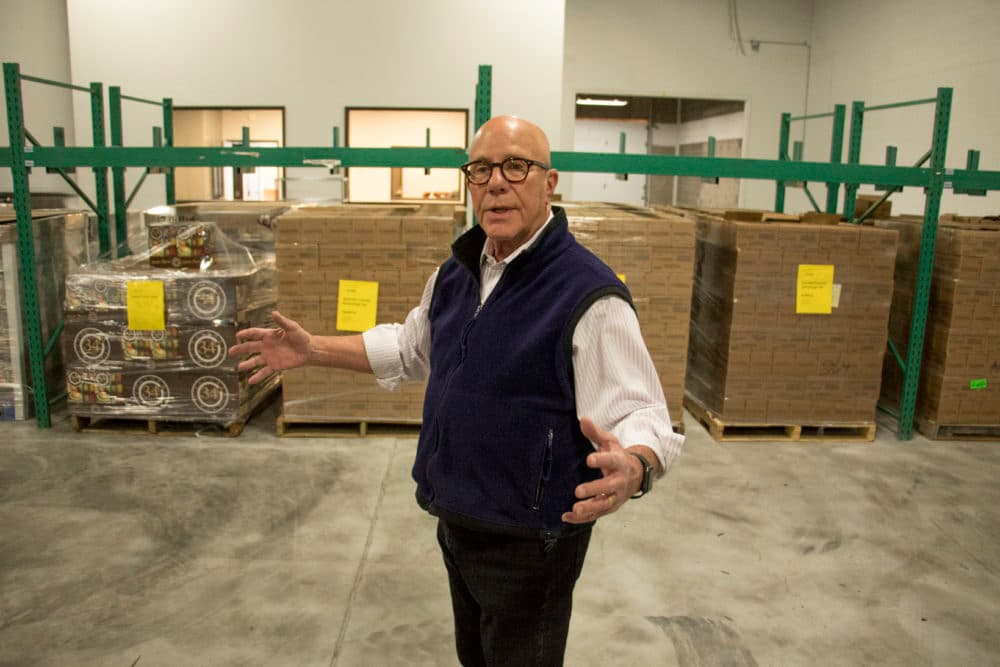The city is bringing restaurants into its sustainability campaign.
Certifiably Green Denver -- a program that advises businesses who want to be more environmentally conscious -- is encouraging restaurants to cut waste in food preparation, donate what they don't use and compost. Kyle Wagner, a spokeswoman for the Department of Public Health & Environment and former chef and food writer, said it's starting with nine restaurants and plans to expand in a few months.
"In the fall we'll take everything we've learned from this ... and then apply it to the city" as a whole, she said. "Our goal is to have as many restaurants as possible."
Root Down and its parent company Edible Beats are consultants for the project. Alpine Waste & Recycling and Scraps will provide compost service and training to staff. Certifiably Green Denver will provide bins, liners, signs and any extra training that's needed. We Don't Waste, a nonprofit that collects food from restaurants, caterers, hotels, wholesalers and delivers it to food pantries, will pick up donations at the initial nine: Ale House, Ash'Kara, Bar Dough, The Bindery, Black Eye Coffee, Little Man Ice Cream, Ohana Island Kitchen, Uncle and Wooden Spoon Café & Bakery.
Next week, waste will be weighed at the restaurants. At the end of two months, another such waste audit will be conducted. Daniel Asher of Ash'Kara was amused at the thought of the restaurants comparing how they did.
"Healthy competition is always a good thing," he said.
Asher said his staff would be trying to use vegetable scraps more effectively in menu items such as crackers and marinades. They'll also focus on composting, an area where he thought his Lower Highlands restaurant could improve.
"Regardless of how well you're doing, you can always be doing a little bit better," the veteran chef said. In the restaurant business "the margins are really small. If you're being wasteful with product, you're negatively affecting your bottom line."
In addition to checking waste in the kitchen, Asher said his dining room staff would be talking to customers about the project and, he hoped, encouraging them to think about steps they could take to waste less and to feed the hungry. Restaurants are estimated to generate 25 percent of Denver's food waste, but households are responsible for 41 percent.
We Don't Waste's Arlan Preblud said the project was a way to spread the word about addressing food waste and "get out in front of a crowd and let more people know what we're doing." His organization was recently named Large Nonprofit of the Year by the Denver Metro Chamber of Commerce.
The city restaurant waste program is part of a collaboration with the Natural Resources Defense Council with support from The Rockefeller Foundation. Denver and Baltimore were chosen in 2018 by the NRDC to tackle preventing food waste, which is considered to be the third-largest generator of greenhouse gas emissions.
"I commend the city, NRDC, Arlan at We Don't Waste -- an amazing guy who has been doing good work so long," Asher said. "I'm honored to be a part of an opportunity to keep Denver at the forefront on innovation."














